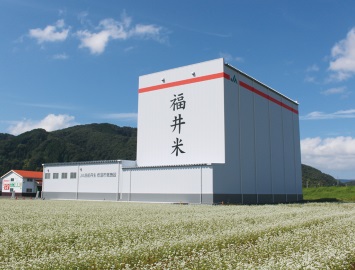Agriculture

In the supply chain of agricultural products, delivering safe food products to consumers while maintaining their freshness is a top priority. Local agricultural cooperatives grade, sort, and box incoming agricultural products from farmers. The products are then temporarily stored in the most suitable environment for each product and prepared for shipment to the wholesale market. Similarly, wholesalers who purchase agricultural products from cooperatives must store them in a temperature-controlled environment to maintain freshness or promote maturity before selling them to middle wholesalers. Daifuku offers automated storage solutions tailored to the characteristics of agricultural products to help distributors save labor and improve efficiency.

Store at a Constant Temperature
Generally, rice is an agricultural product that can be stored for long periods of time. However, depending on storage conditions, quality may deteriorate and the rice may lose its commercial value. When the temperature of rice exceeds 15°C (59°F), its quality deteriorates due to increased respiration, so it must be stored below 15°C (59°F). Similarly, tea leaves must be stored in a cool and dark environment of 5 to 10°C because humidity and high temperature deteriorate their quality.
Problems of Floor Storage
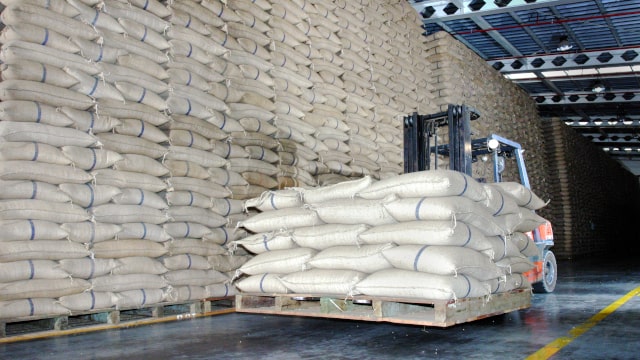
- Cold air is not distributed to products at the back of the warehouse or in the lower tiers, and uniform quality cannot be maintained.
- FIFO management is difficult, resulting in dead inventory.
- Risk of products falling during warehousing and unloading.
- Packaging damage caused by forklifts.
- The large openings for storage and retrieval make air conditioning inefficient.
AS/RS is the Answer
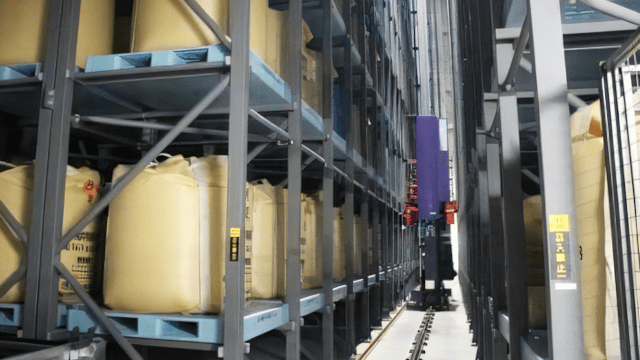
- Cold air is evenly distributed to maintain uniform quality.
- FIFO can be performed reliably, avoiding lost sales opportunities due to dead inventory.
- Safe operation because of no need for pallet shuffling.
- Reduced risk of product damage due to pallet shuffling.
- Minimal warehouse openings are required, improving air conditioning efficiency.
Chill & Inhibit Ripening
Leafy vegetables and flowers are cooled to a constant temperature to maintain freshness. Furthermore, reducing ethylene in the warehouse can delay the ripening process.
Differential Pressure Cooling System
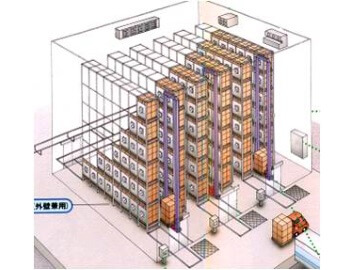
Differential pressure fans are installed behind the AS/RS racks to evenly cool fruit, vegetables, and flowers stored on the racks.
- Large volume cooling can be completed in a short time.
- Since pallets are stored on racks at a distance from each other, cool air is distributed evenly compared to floor storage.
- Since the storage and retrieval is done by conveyor, the opening dimensions are only 1.8 m wide x 2 m high, which improves air conditioning efficiency.

Banana

Mango

Kiwi

Lettuce
Vacuum Cooling System
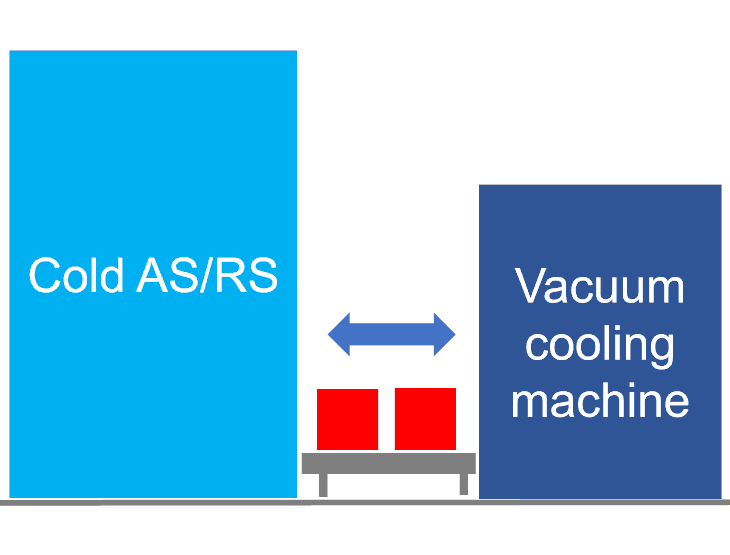
An automated warehouse and conveyors automatically supply fruit and vegetables to the vacuum cooling system and store them back in AS/RS after cooling.
- After cooling, the fruits and vegetables are stored back in the cold AS/RS until shipment, preventing damage during standby time.
- The system can be run 24 hours a day, without human intervention.

Spinach
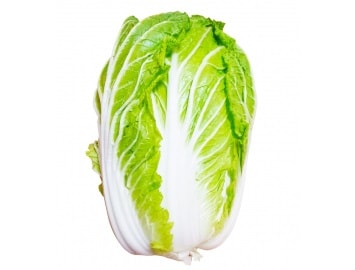
Chinese cabbage
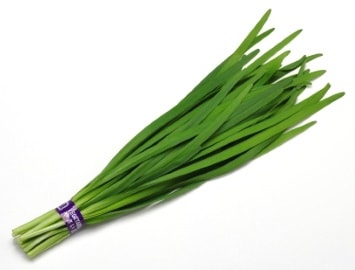
Chives

Flowers
Dry
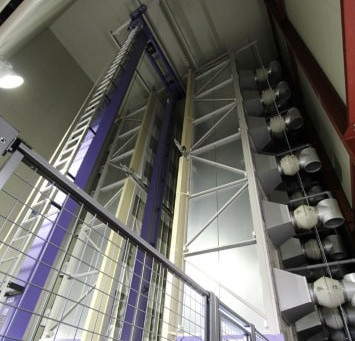
Root vegetables, which require longer storage than leafy vegetables, must be dried thoroughly to prevent rotting.
By integrating a differential pressure fan behind the AS/RS racks, a large volume of products can be dried in a short time.
- A large volume of products can be dried in a short time.
- Since the air inside the warehouse is circulated, it is not affected by the outside air, and agricultural products can be dried stably.

Beans

Onions

Sweet potatoes
Vertical Farming
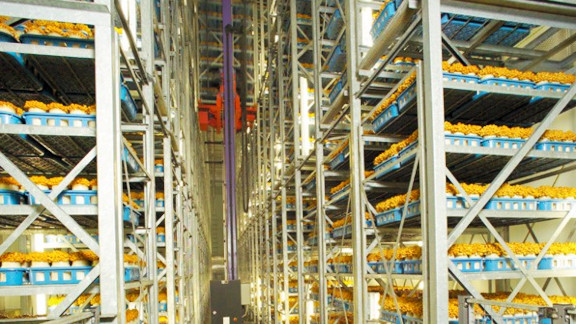
Automated warehouses are also used to artificially grow mushrooms, lettuce, insects, and other produce through controlled temperature, humidity, and light exposure.
Case Study
Contact Us
For product inquiries, please reach out to us via our Contact Us page.
Contact UsContact Us
For product inquiries, please reach out to us via our Contact Us page.
Contact Us
